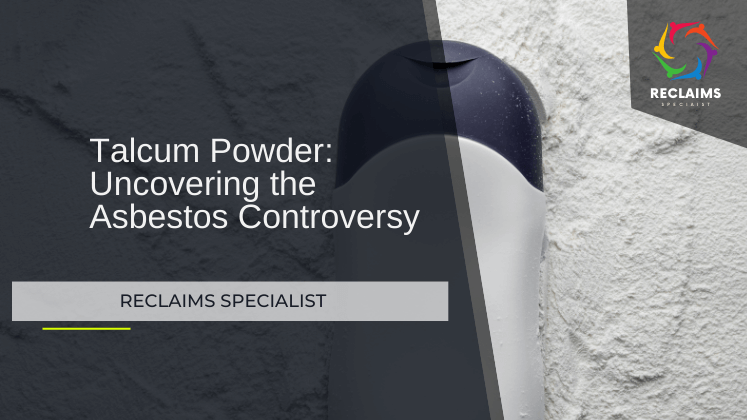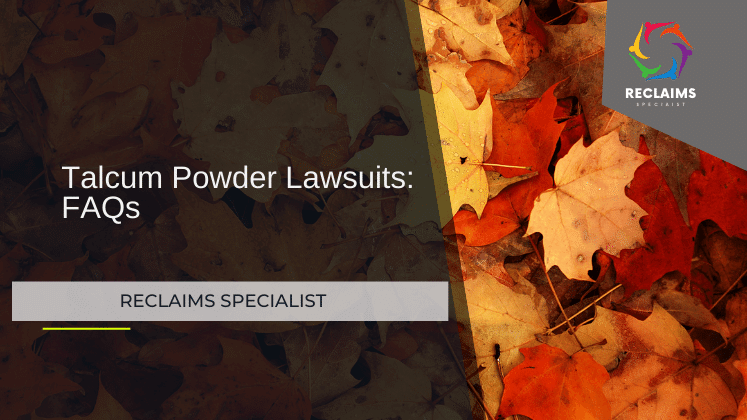In recent years, a cloud of controversy has shrouded Johnson & Johnson’s iconic Baby Powder, with mounting suspicions that it may be linked to a rare and deadly form of cancer known as mesothelioma. Darlene Coker, one of many affected individuals, suspected that her prolonged use of Johnson’s Baby Powder was the root cause of her mesothelioma diagnosis. What has transpired since then is a harrowing tale of litigation, mixed verdicts, disputed lab findings, and an ongoing debate surrounding the safety of talcum powder products.
The Asbestos Revelation
The damning evidence that has come to light indicates that asbestos, a known carcinogen, has been present in Johnson & Johnson’s talcum powder products since the 1970s. This revelation has sent shockwaves throughout the medical and legal communities, sparking a flurry of cancer-related lawsuits against the pharmaceutical giant. As these lawsuits have unfolded, the verdicts have been mixed, with some courts ruling in favor of the plaintiffs and others siding with Johnson & Johnson.
J&J’s Stance: Denial and Dispute
In the face of mounting evidence and legal challenges, Johnson & Johnson has steadfastly maintained that their talcum powder products are safe and free from asbestos contamination. The company vigorously disputes the findings of independent laboratories that have detected asbestos in their talc-based products. This vehement denial sets the stage for an ongoing and contentious battle in the courtroom and in the court of public opinion.
A Historical Perspective on Talcum Powder
To understand the gravity of the situation, it is essential to delve into the history of talcum powder and its connection to asbestos. Talcum powder has been in use since 1886, primarily as a cosmetic and personal care product. However, concerns about the potential presence of asbestos in talc date back to the early days of its use.
The Vermont Connection
In the 1960s, Johnson & Johnson mined talc in Vermont, raising eyebrows at the Food and Drug Administration (FDA). The FDA initiated an inquiry into the safety of talcum powder products, particularly in relation to asbestos contamination. In response to the FDA’s scrutiny, Johnson & Johnson sought leniency in asbestos testing protocols, which further fueled suspicions about their commitment to safety.

Self-Policing and Selective Findings
One of the most concerning aspects of this controversy is Johnson & Johnson’s alleged practice of self-policing. Rather than subjecting their talc-based products to rigorous and independent testing, the company has been accused of conducting selective testing and sharing only those findings that support their claims of product safety. This practice has raised serious questions about transparency and accountability.
Conflicting Findings
The American Cancer Society (ACS) has acknowledged the possibility of asbestos contamination in talcum powder products, adding to the growing body of concern. However, Johnson & Johnson has vehemently disputed these claims and has pointed to their own studies and findings that contradict the ACS stance.
The FDA’s Response
Recognizing the gravity of the situation, the FDA has taken steps to address the issue of talc safety standards. The agency has pledged to establish rigorous safety standards for talcum powder products, with the aim of protecting consumers from potential harm.
Darlene Coker’s Tragic Journey
Darlene Coker’s heartbreaking battle with mesothelioma, allegedly linked to talcum powder exposure, led her to file a lawsuit against Johnson & Johnson. However, a pathology report that linked her mesothelioma to talc exposure was inconclusive, ultimately leading her to drop the lawsuit. Despite this setback, her family remains deeply concerned about the potential health risks associated with talcum powder products.
In conclusion, the controversy surrounding Johnson & Johnson’s talcum powder products and their alleged connection to asbestos is far from over. As litigation continues and regulatory bodies take action, the safety of these widely used products remains a topic of great concern. For consumers, the key takeaway is the importance of being informed and exercising caution when using talcum powder. The ultimate resolution of this issue will likely have far-reaching implications for the cosmetics and personal care industry, as well as for public health and safety.
If You or any of your loved-ones used Talcum Powder
Fill the following form to get the complete guide to the compensation against your sufferings.



